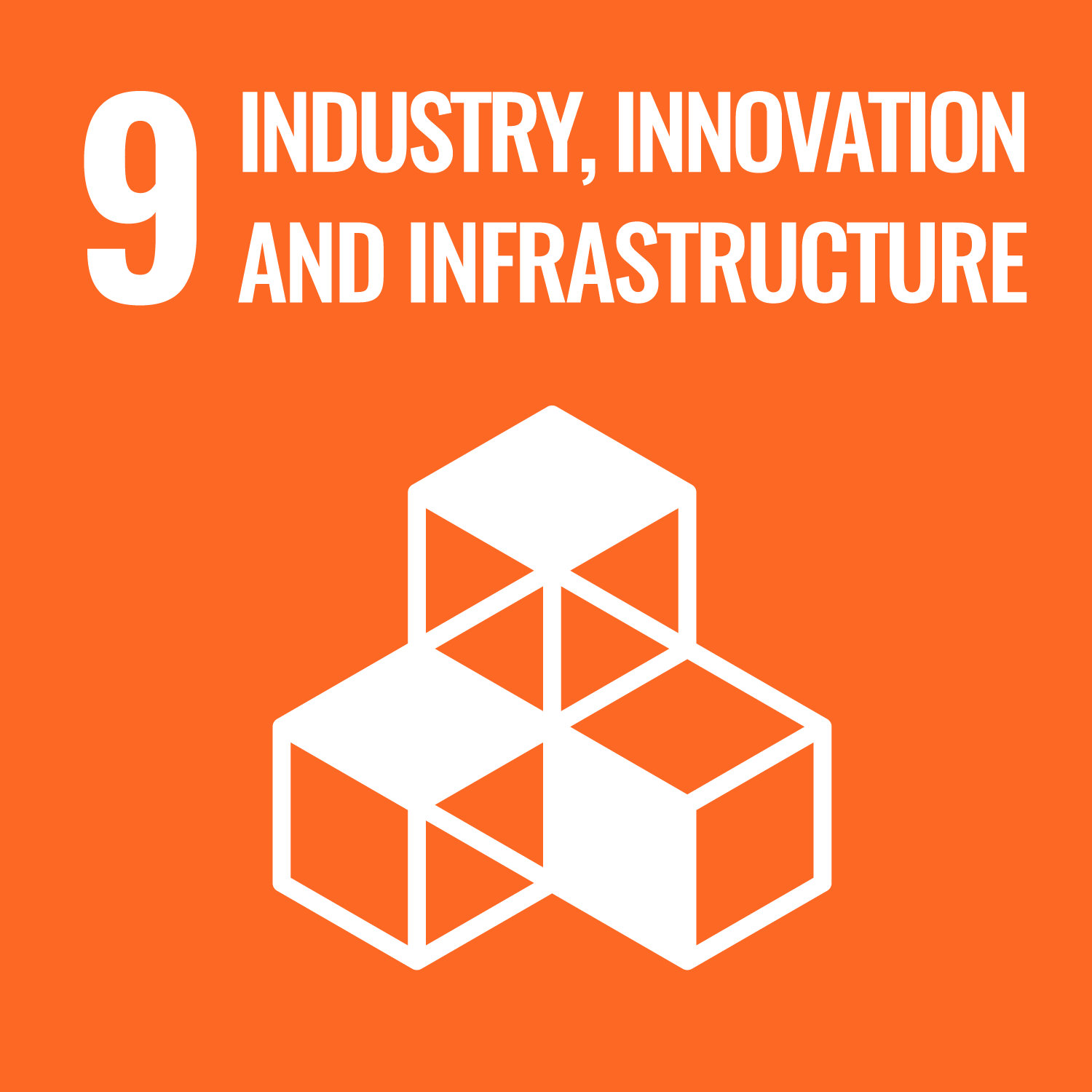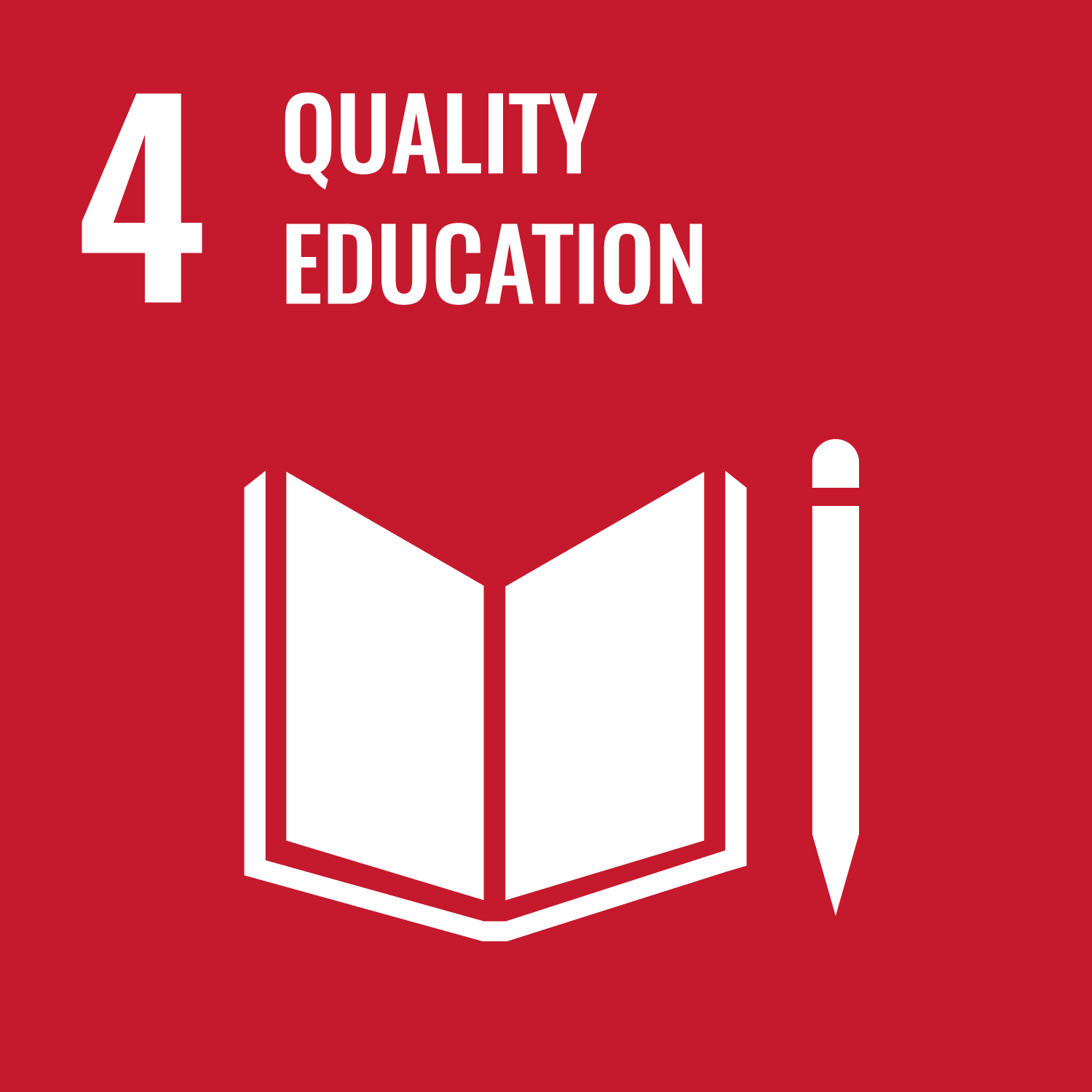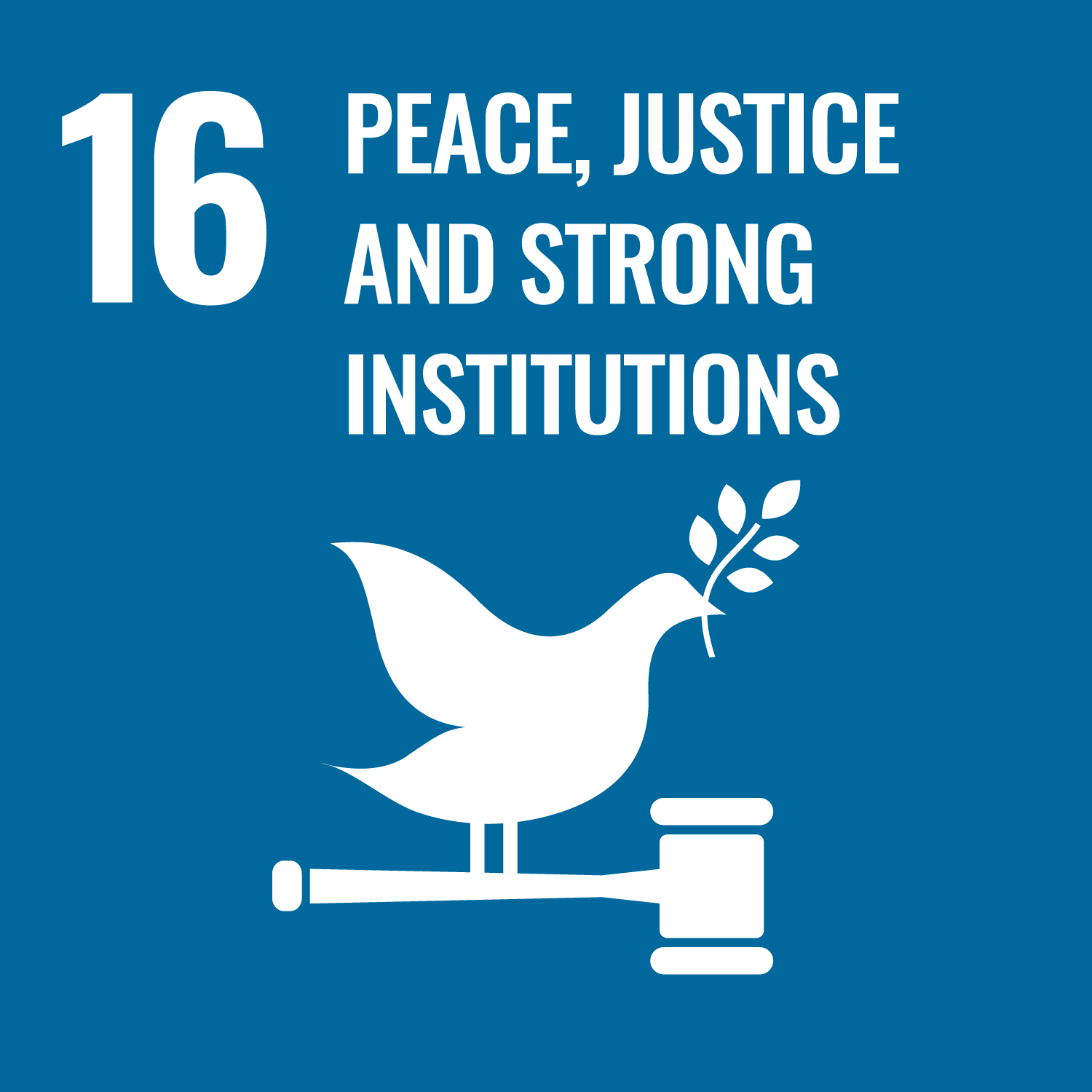Sakarya University stands out as a leading higher education institution in the implementation of the United Nations Sustainable Development Goals (SDGs) at the regional level, particularly in the fields of regional development and social responsibility. Through strategic partnerships with public institutions, local governments, and non-governmental organizations, the University actively supports the localization of sustainable development policies. It contributes to the advancement of a multi-stakeholder governance culture. This approach demonstrates that Sakarya University is not only an academic institution producing knowledge, but also an active stakeholder in shaping and implementing sustainable development policies at both local and national levels.
Strengthening Regional Development through a TÜBİTAK Project
The project, "Managing Rural Development Strategies Aligned with Sustainable Development Goals: Development of an Adaptable Balanced Scorecard Model for Local Governments," developed by Associate Professor Dr. Ümmügülsüm Zor of Sakarya University's Faculty of Business Administration, has been awarded support under the TÜBİTAK 3005 Program for Innovative Solutions in Social and Human Sciences.
The project aims to develop a customizable Balanced Scorecard (BSC) model that will help local governments create measurable and effective strategies aligned with the Sustainable Development Goals. This model will guide the development of holistic development policies in rural areas by strengthening the balance between economic growth, social welfare, and environmental sustainability.
Under the coordination of Assoc. Professor Dr. Ümmügülsüm Zor, Assoc. Professor Dr. Adem Akbıyık, Res. Dr. Bilge Katanalp, Assoc. Professor Dr. Ayla Esen and the research team, including Murad Canbulut, are developing a scientific collaboration model that integrates public policy, business management, and sustainable development through an interdisciplinary approach.
This project is an exemplary example of how interactive partnerships between academia, local governments, and public institutions can contribute to sustainable development at the local level by strengthening science-based decision-making processes.



Strengthening University–Public Cooperation in Probation Services
An institutional cooperation protocol for probation services has been signed between Sakarya University (SAU) and the Sakarya Chief Public Prosecutor's Office of the Ministry of Justice.
This protocol, signed by SAU Rector Prof. Dr. Hamza Al and Sakarya Chief Public Prosecutor Hasan Uğurlu, aims to support the reintegration of disadvantaged groups into social life and to foster the integration of productive individuals who are free from crime.
This collaboration significantly contributes to strengthening the interaction and social responsibility-based partnerships between the university and public institutions.


Institutional Cooperation in the Field of Human Rights: TİHEK Protocol
A cooperation protocol aimed at providing students with hands-on experience in human rights and raising rights-based awareness was signed between Sakarya University and the Turkish Human Rights and Equality Institution (TİHEK) on March 6, 2024.
Signed by Sakarya University Rector Prof. Dr. Hamza Al and TİHEK President Prof. Dr. Muharrem Kılıç, the protocol will provide internship opportunities for Sakarya University students, organize a "Human Rights Certificate Program," and conduct workshops on themes such as "Prohibition of Discrimination," "Freedom of Thought and Expression," and "Academic Freedom." Students will also have the opportunity to prepare thematic reports, contribute to academic publications, and participate in human rights activities.
This collaboration stands out as an exemplary partnership that strengthens university-public interaction and supports young people's awareness of human rights.

